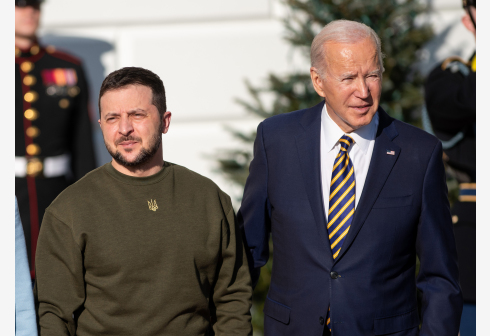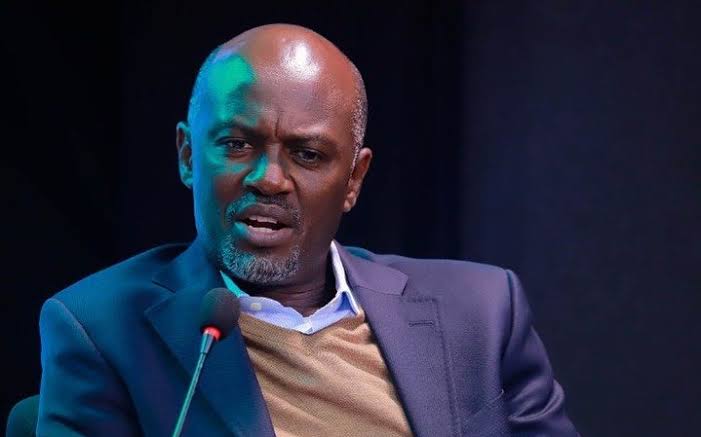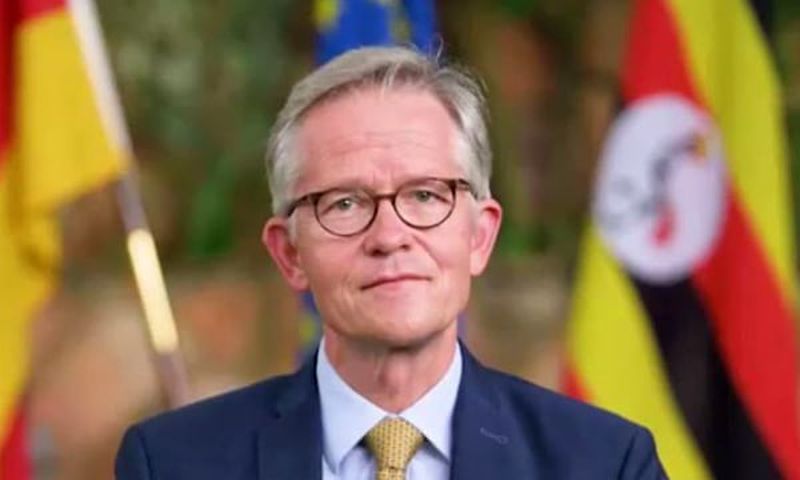Russia-Ukraine conflict, a U.S.-imposed “proxy war” on Europe

By Geza Molnar
The conflict between Russia and Ukraine is a “proxy war” that the United States (U.S.) has imposed on Europe, Zoltan Kiszelly, director of the Center of Political Analyses at Hungary’s Szazadveg Institute, told Xinhua in a recent interview on the eve of the first anniversary of the outbreak of the conflict.
According to Kiszelly, the U.S. is “the main supporter of Ukraine with weapons and money,” making the conflict a “proxy war” between Russia and the West, or to be more precise, between Russia and the U.S..
“In this ‘proxy war’ in Europe, the U.S. is pressuring Europeans to support Ukraine,” he said.
However, Western Europe is not accustomed to participating in military operations, and as a result, military spending has decreased over the past several decades of peace, making it less able to provide Ukraine with the necessary military hardware, Kiszelly said.
Kiszelly said that a grave consequence of the Russia-Ukraine conflict could be a world divided into two parts, an Anglo-Saxon part, with the European Union (EU) and some Asian countries, representing the bloc that imposed sanctions on Russia.
The other part, the East, is made up of the other two-thirds of the world, or all the other nations that chose to stay out of the conflict and abstain from the sanctions.
“Two-thirds of the world is not joining the sanctions because they think it is only a tool for the West to increase their influence,” Kiszelly said, adding that the Eastern countries want to have free trade the way China has proposed.
The Hungarian expert also warned that such political split could lead to a technological split: “instead of one worldwide standard, we will have two standards: an Eastern one and a Western one.”
And this dual system would not only endanger global free trade but also have dire consequences for Europe too, Kiszelly noted, adding that Europe, whose digital industry is less developed, would suffer and also fail in the international competition of innovation.
The U.S. only views Europe as a sort of secondary home market, a “backyard” where it can sell its products, and a place where it can strengthen the dollar’s position, Kiszelly said.
Kiszelly hopes that Hungary’s position, a call for an immediate ceasefire, will later be adopted by the majority of the European countries, and hopefully, by the U.S. following the 2024 presidential elections.







